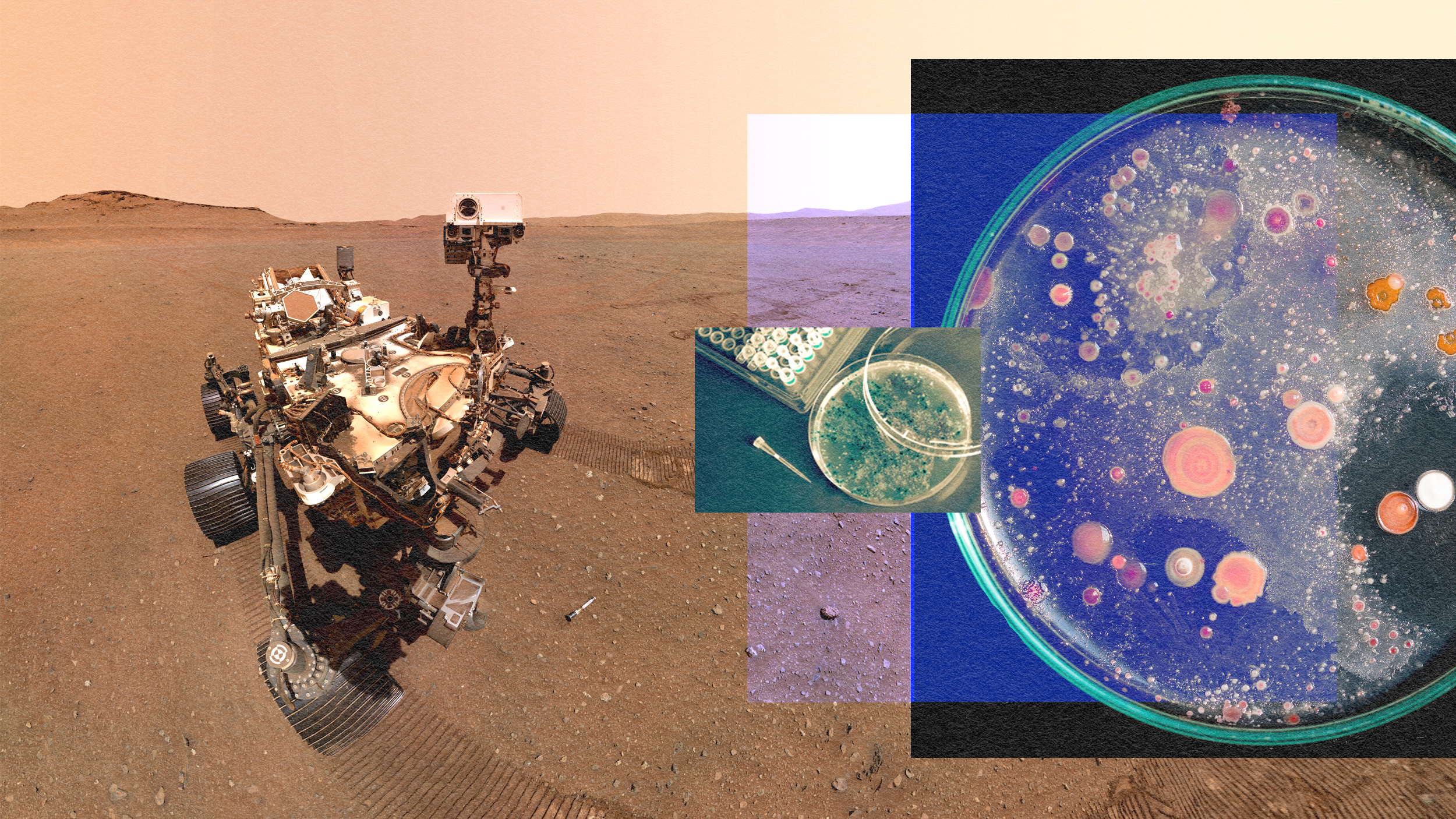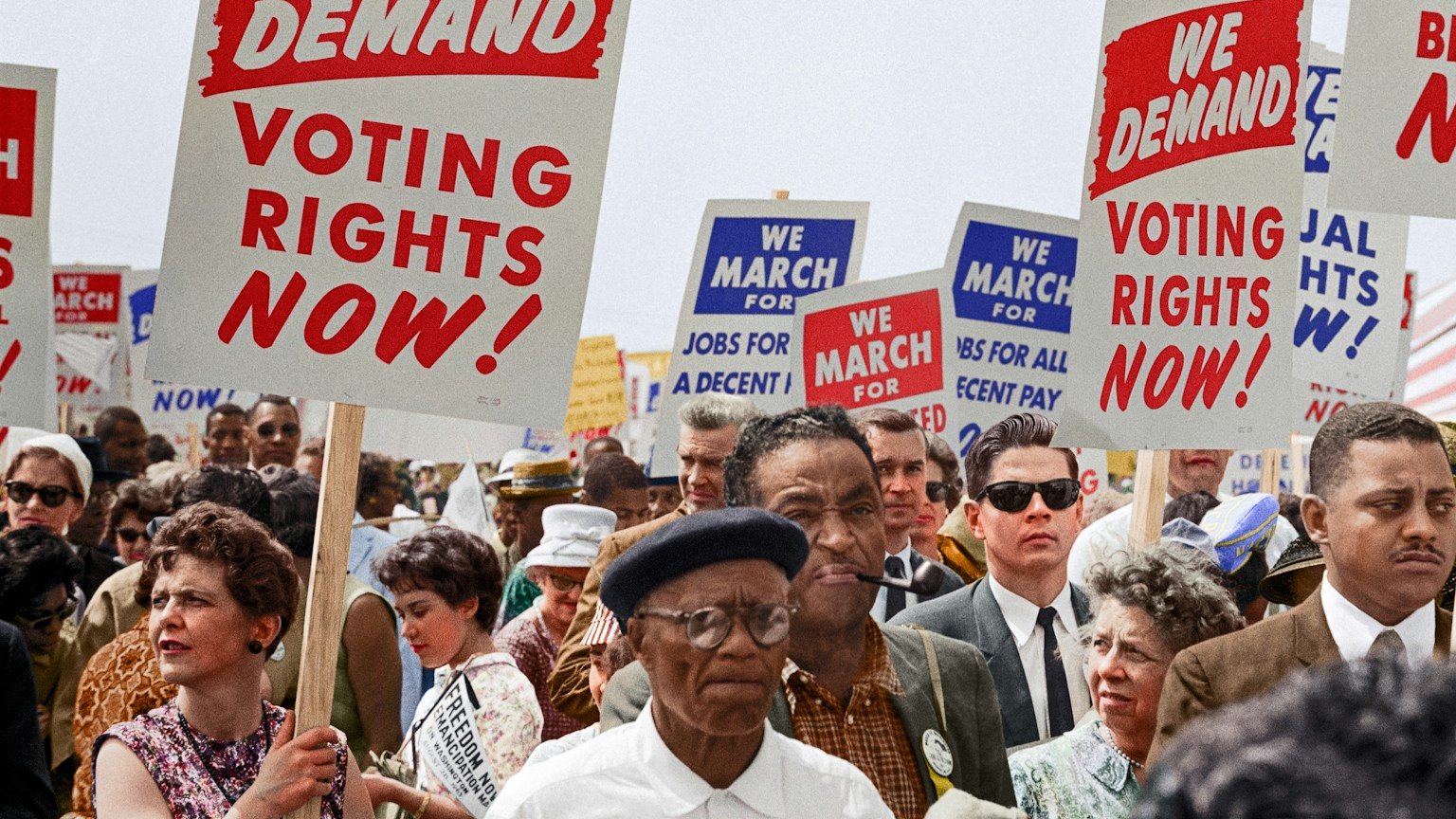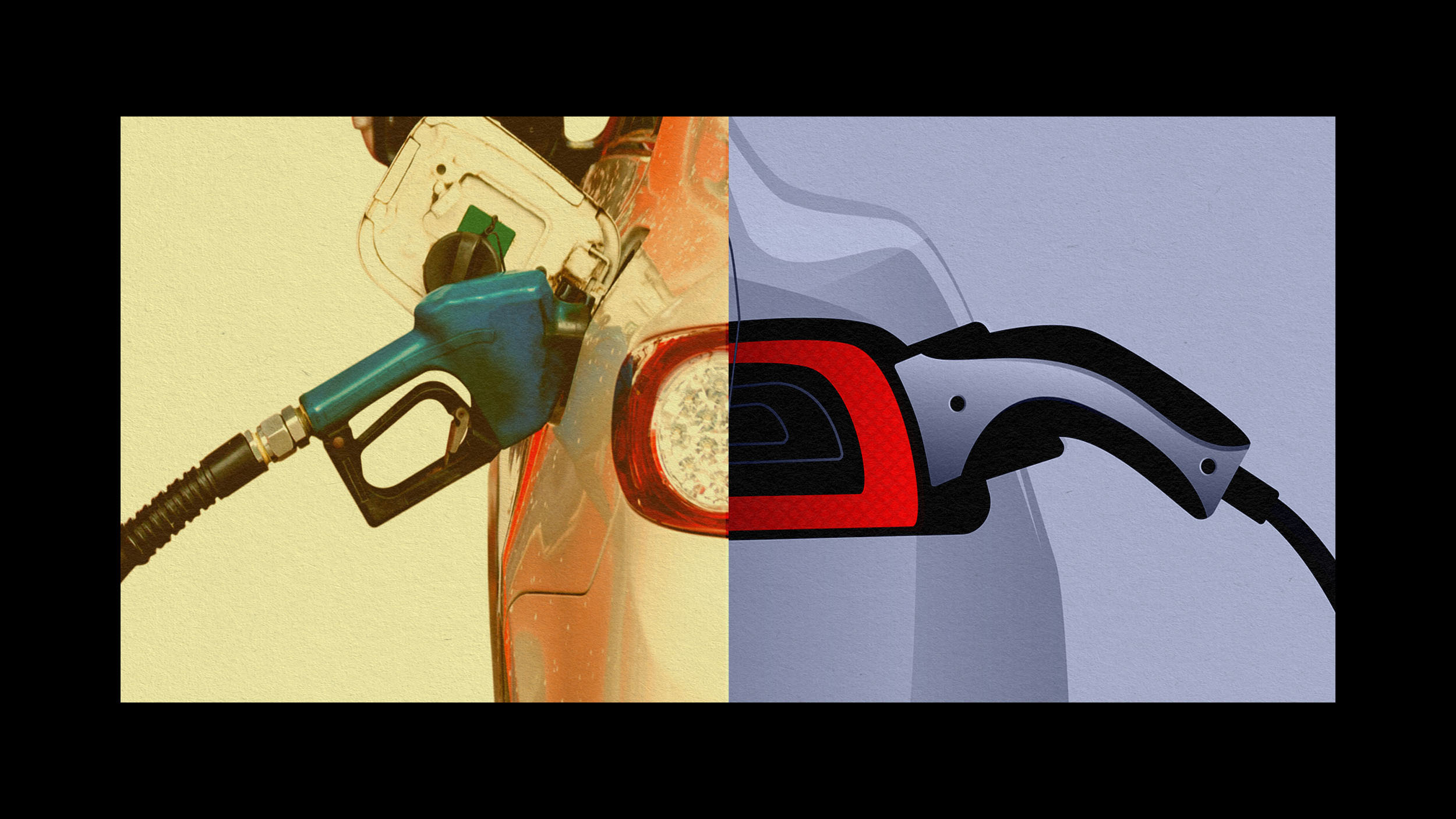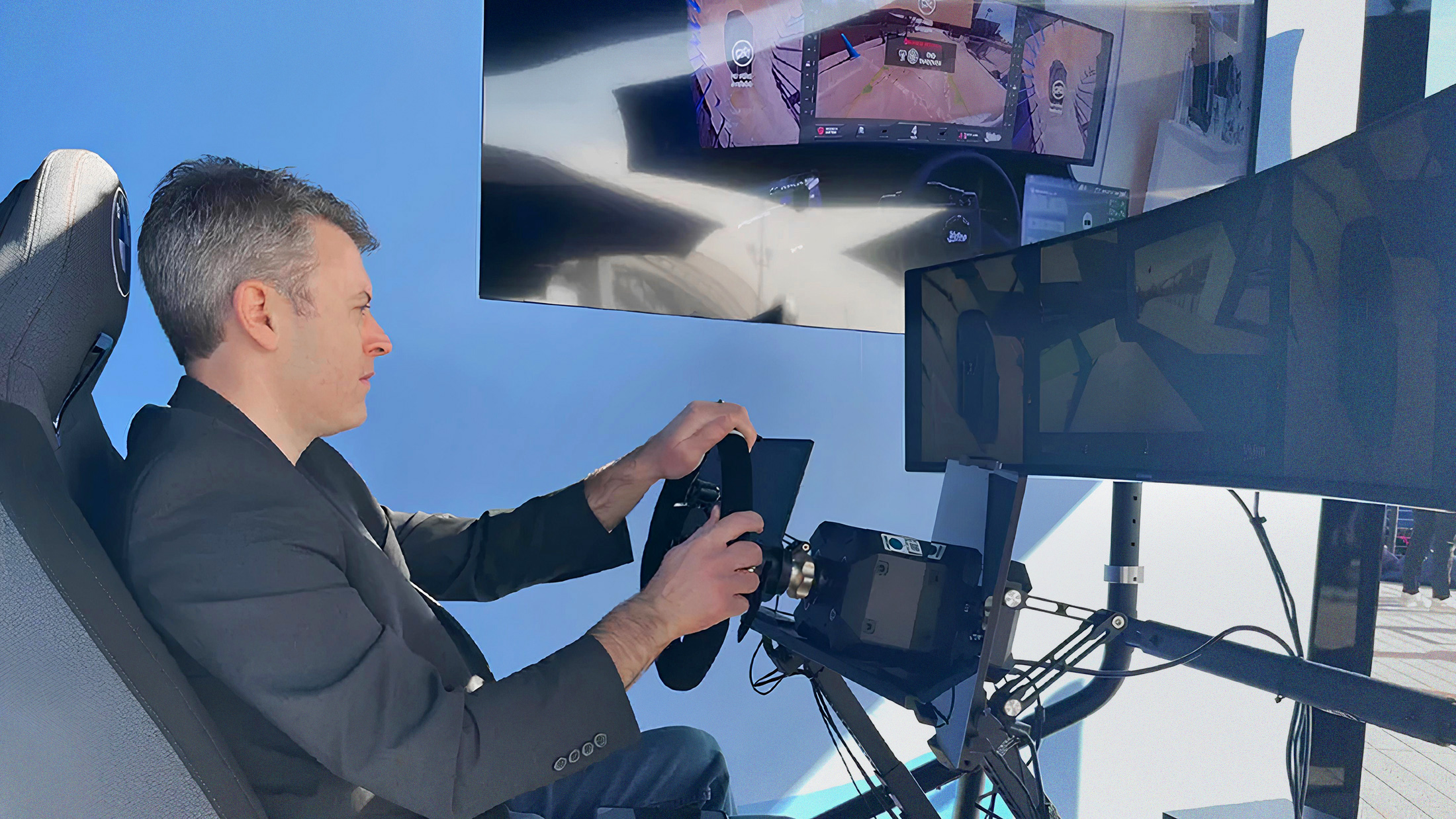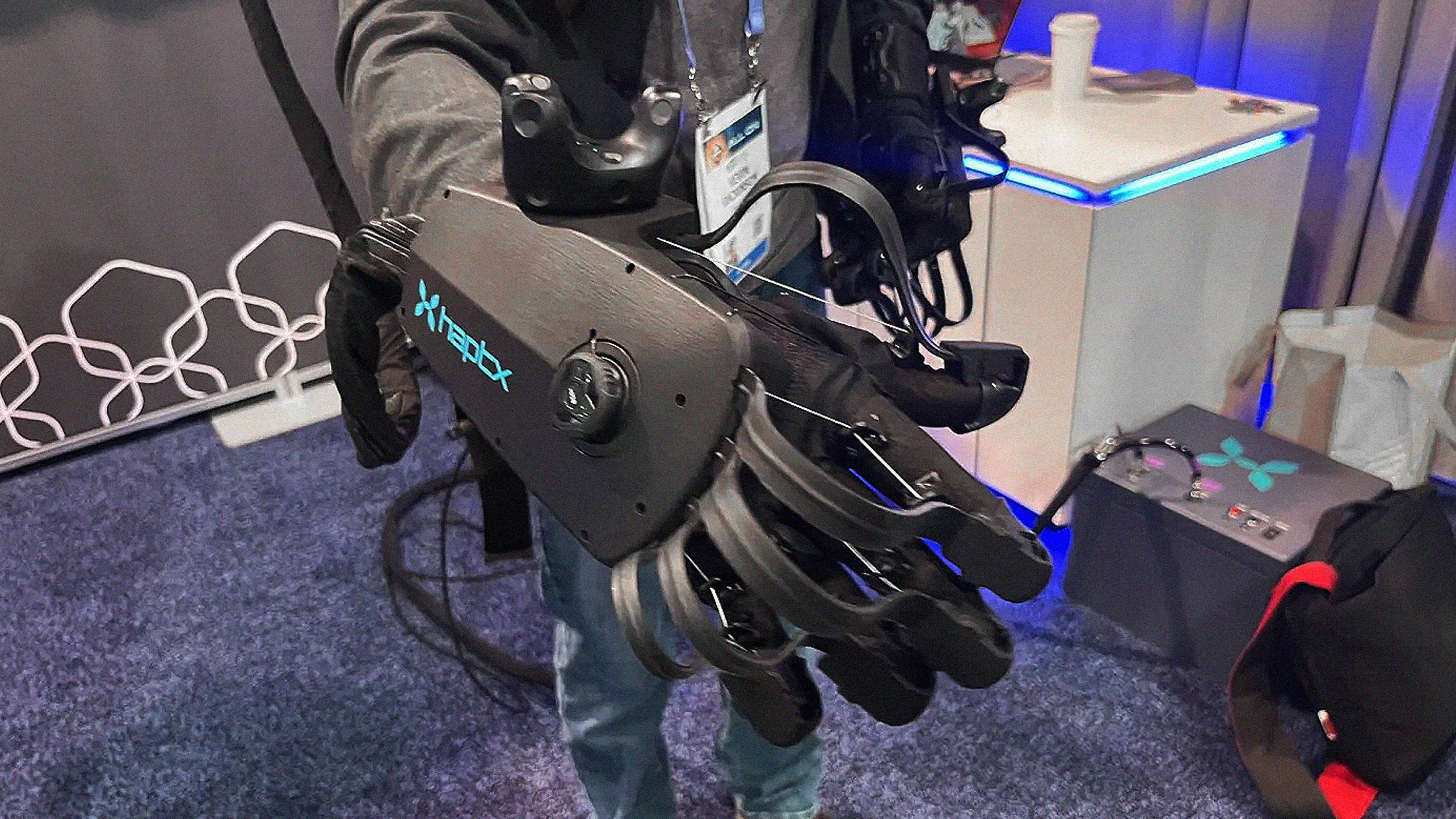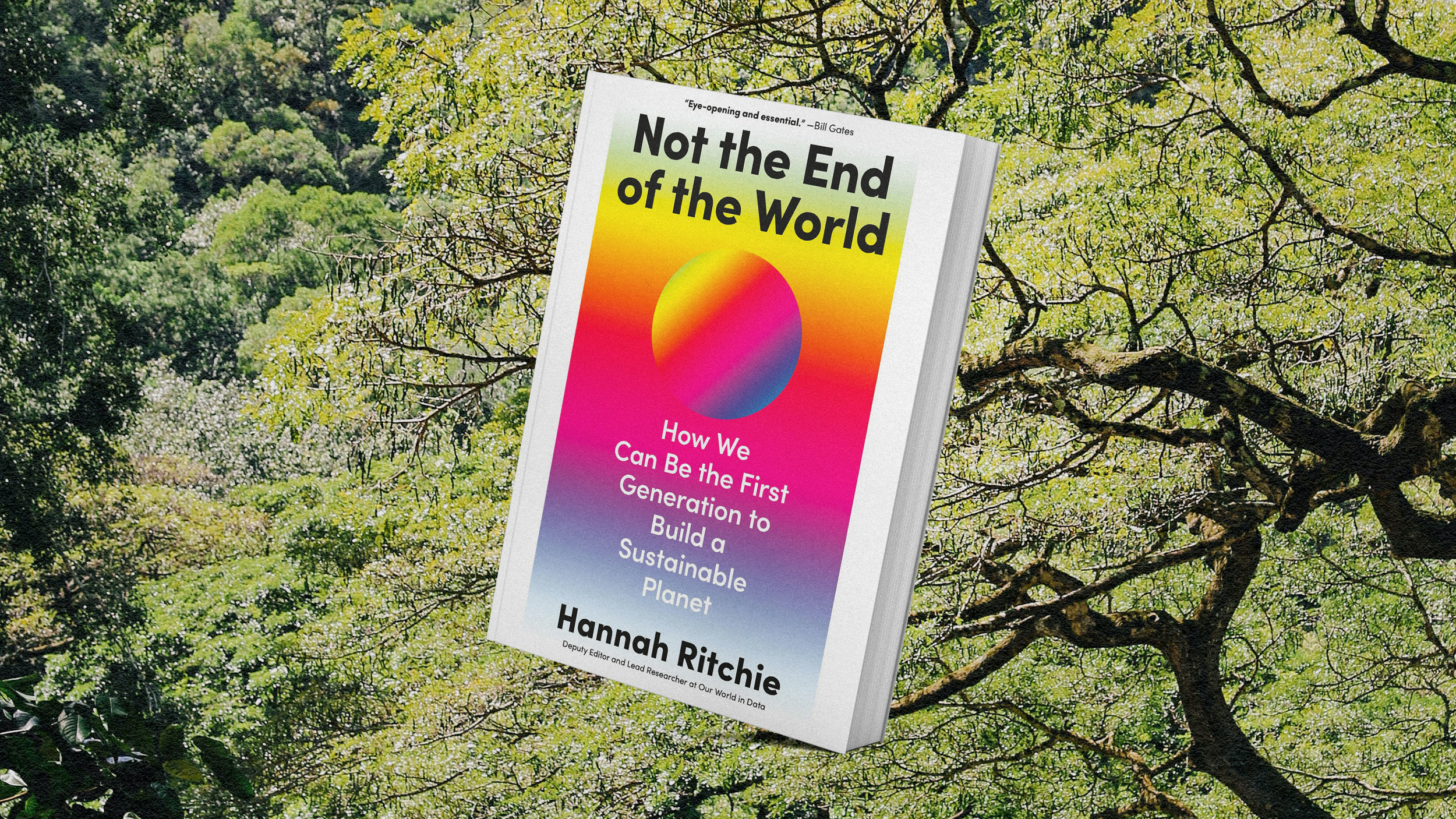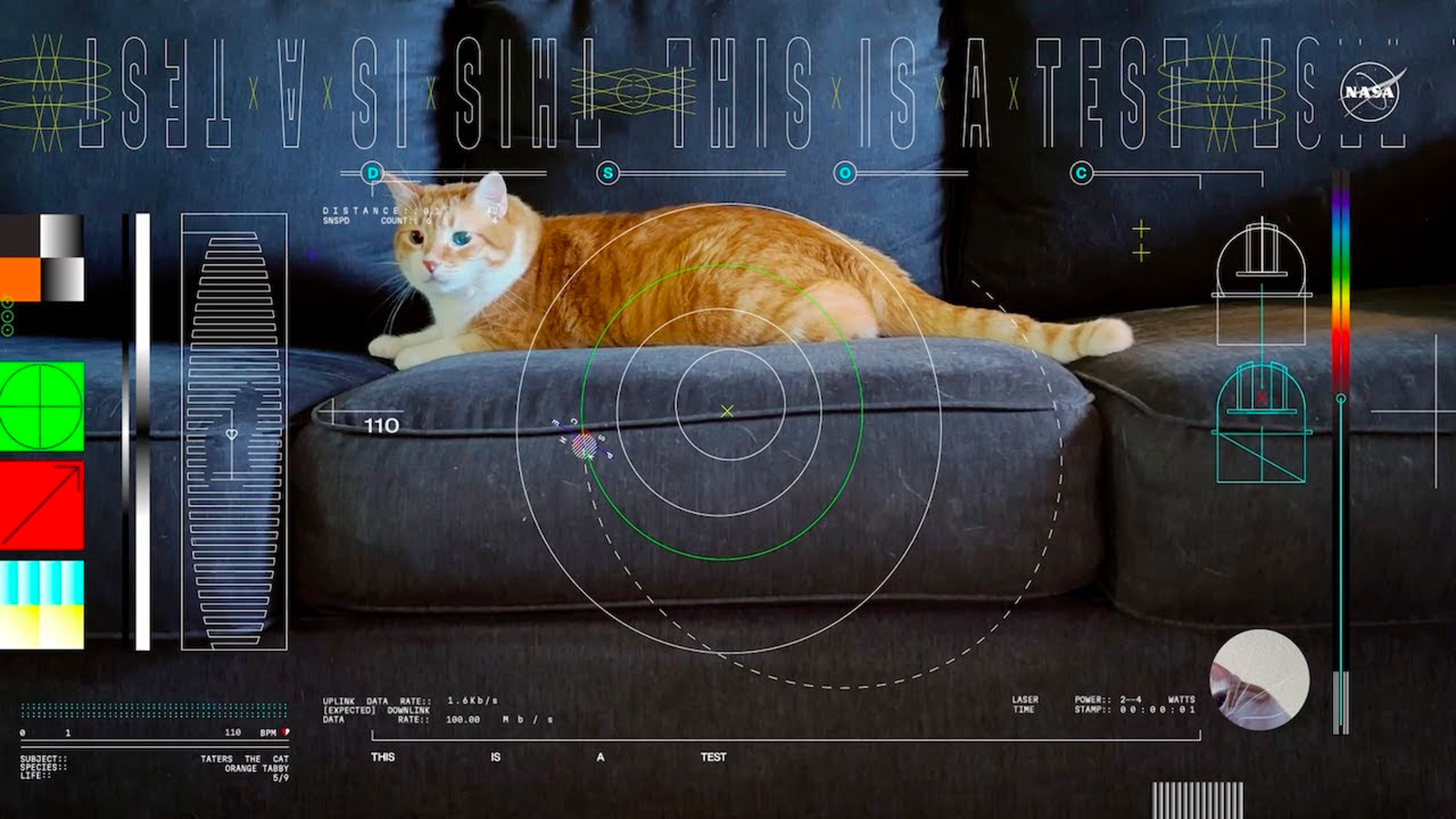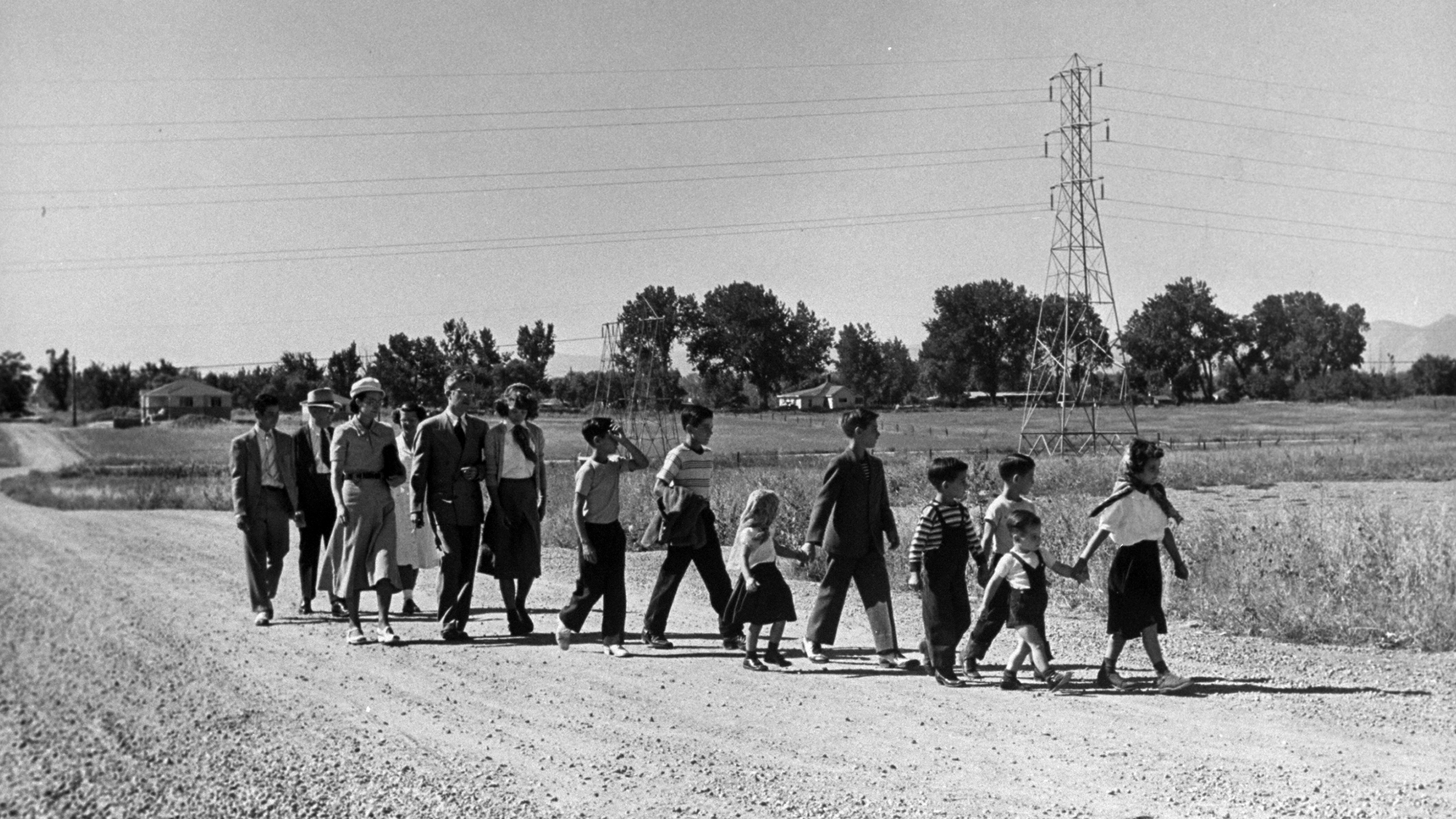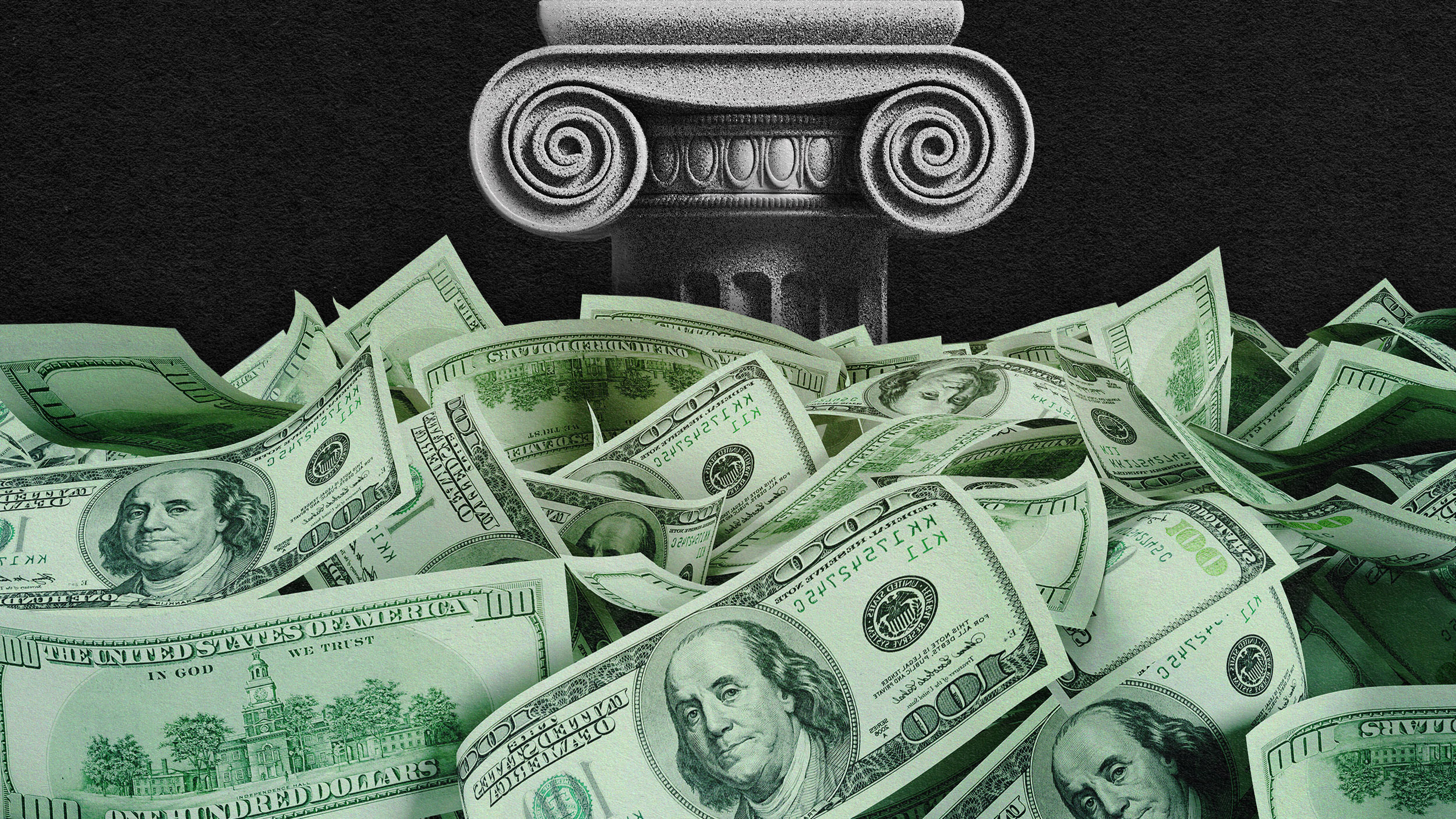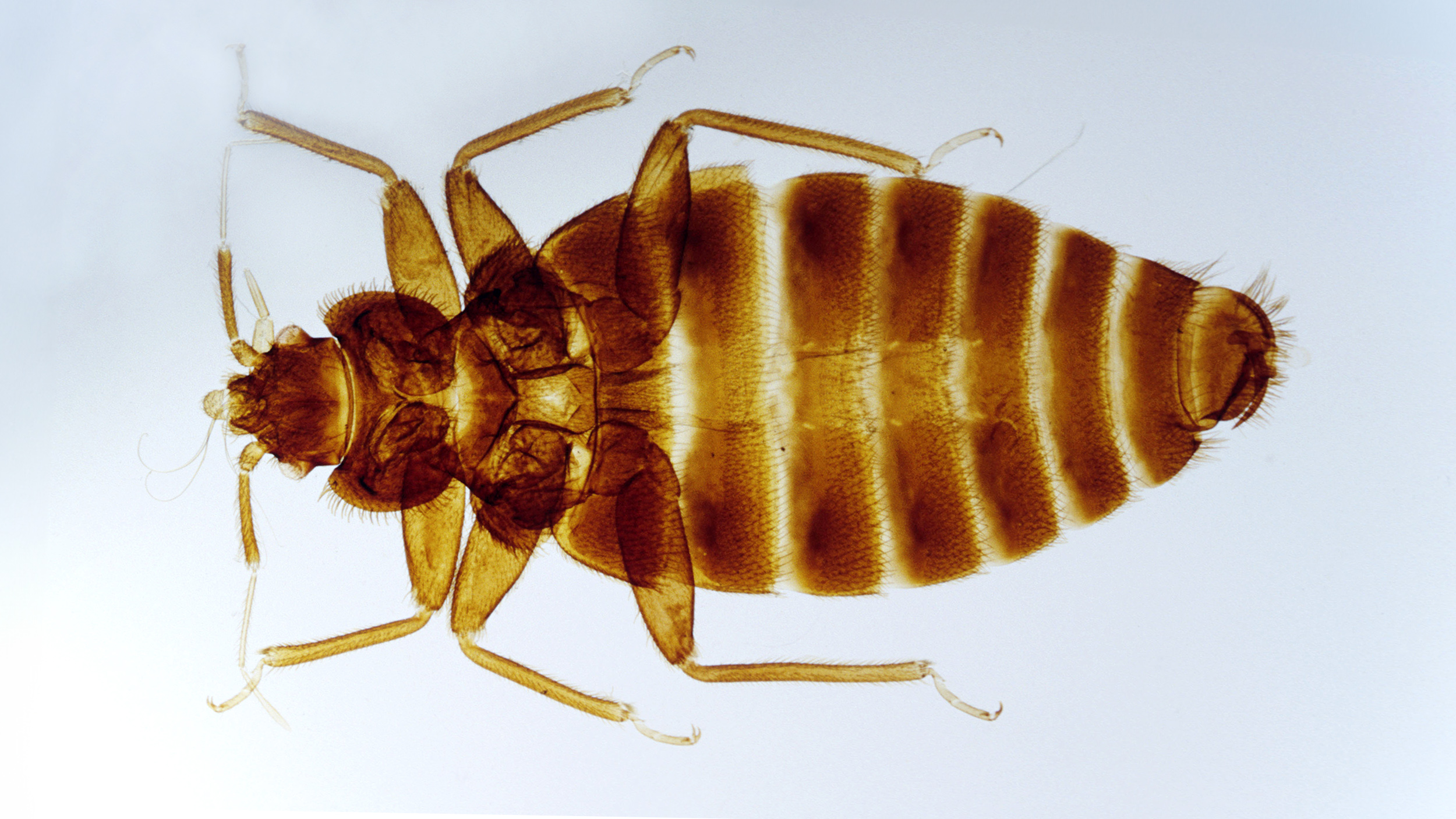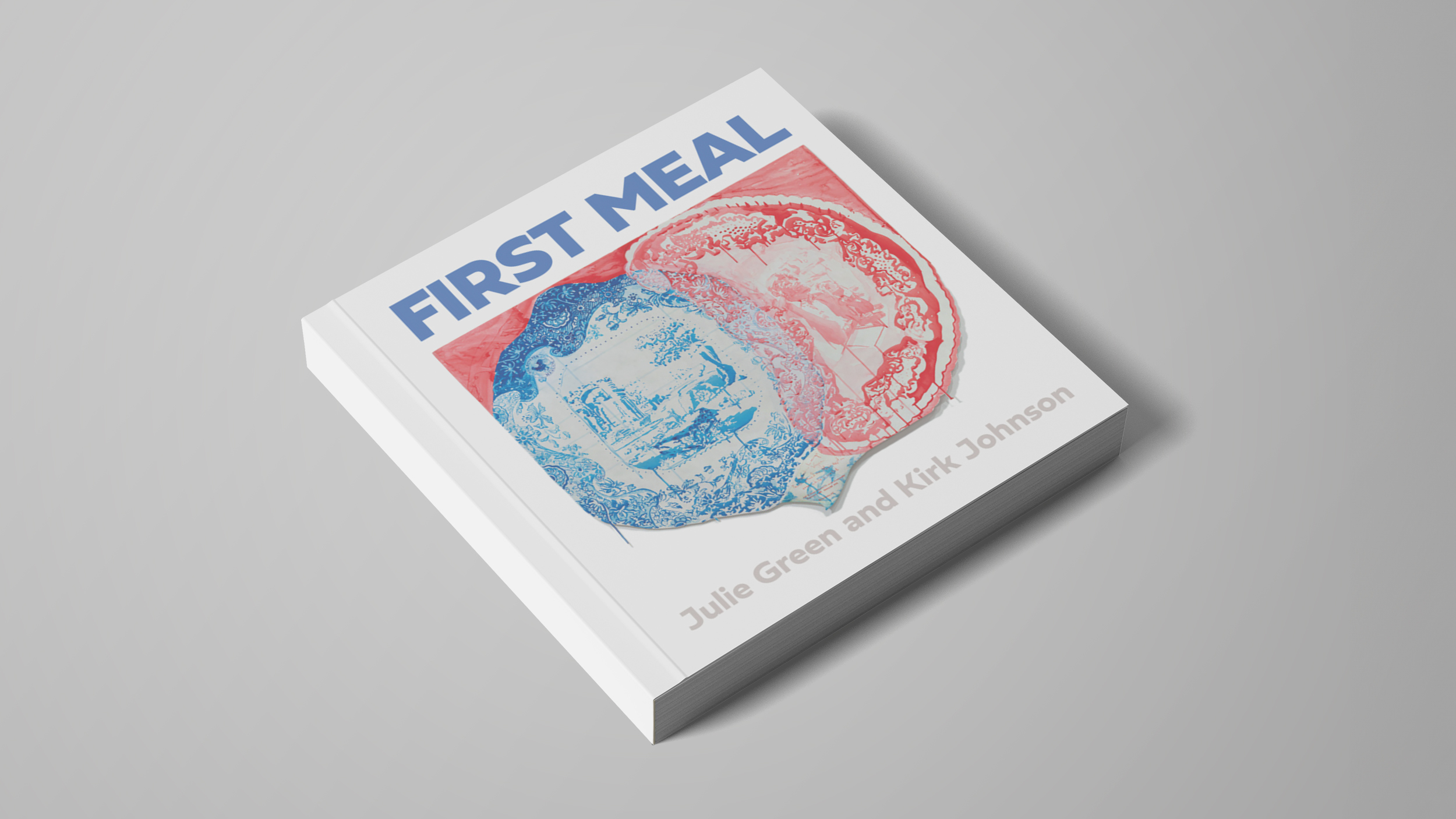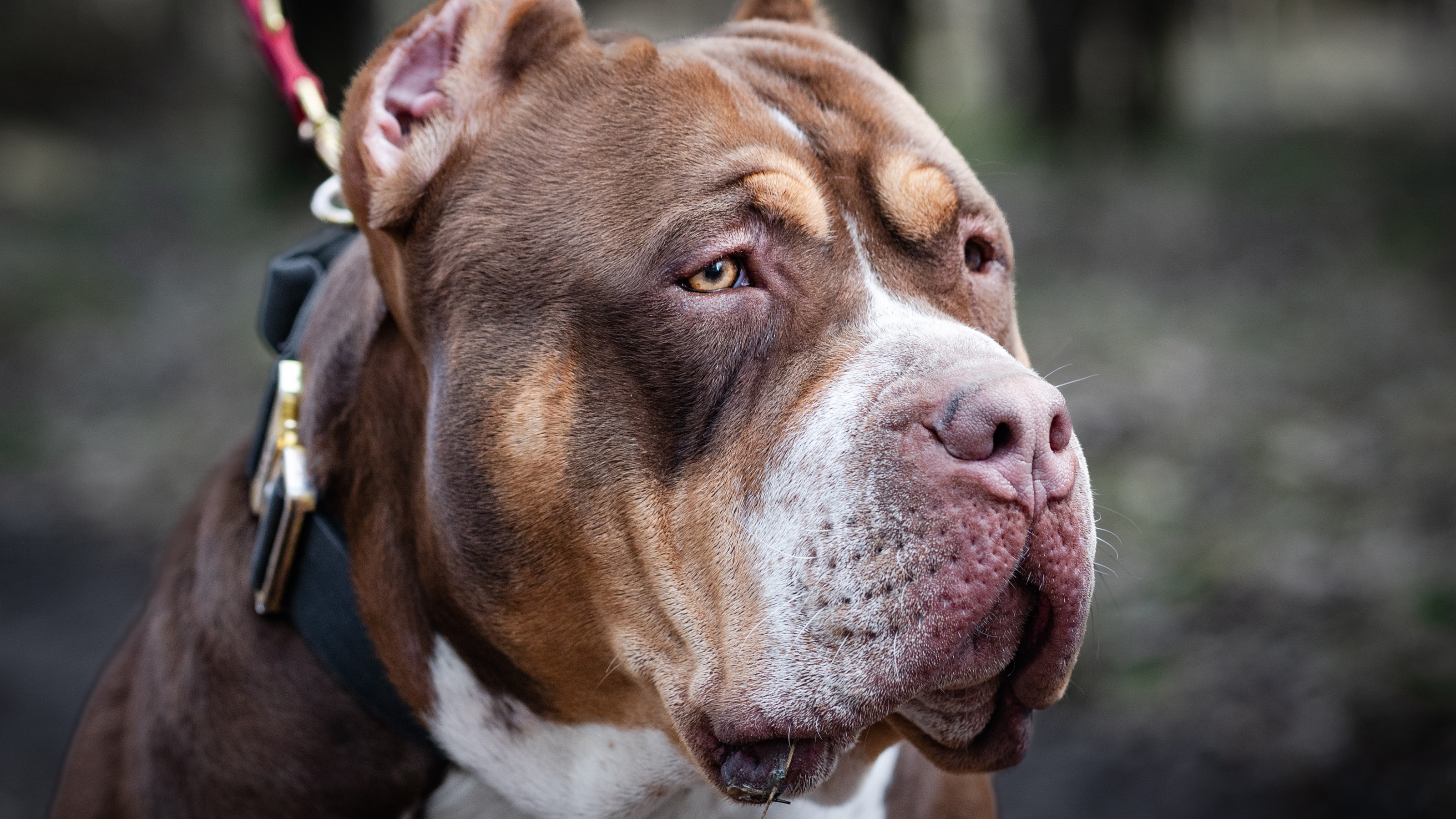The Present
All Stories
Some of the world’s most satisfied societies are poor, small, and remote.
The case for why NASA should pivot to searching for current — not ancient — signs of life.
Five times in U.S. history, American presidential candidates have ascended to leadership despite lacking the popular vote. Here’s how.
Scientists are working to map out the risks of the permafrost thaw, which could expose millions of people to the invisible cancer-causing gas.
Do the benefits of plastics outweigh the costs?
There is a cross-country correlation between democracy and health. Is there good evidence to suggest it is causal?
A new analysis suggests previous “total cost of ownership” studies overlooked key factors.
BMW found it’s possible to remote-drive vehicles using available technology. All it takes is some software updates and a cellular network connection.
HaptX gloves provide high-fidelity touch feedback of virtual spaces (and they look cool, too).
From Hogwarts to hashtags, kids’ reading habits have changed drastically in recent decades — but data suggests cause for hope.
Environmental progress is happening quickly but we must keep pushing for change.
The record-breaking transmission could revolutionize deep space communication.
The U.S. ranked 59th worldwide.
Sometimes called “the new gold,” sand is the second most exploited natural resource in the world after fresh water.
As wind power grows around the world, so does the threat the turbines pose to wildlife. From simple fixes to high-tech solutions, new approaches can help.
Frontier, the ORNL supercomputer, used machine learning to perform 9.95 quintillion calculations per second.
Is it better to be the oldest sibling, the youngest, or in the middle?
Big Think spoke with AI expert Nick Jennings about the future of regulating fast-evolving AI.
How much do citizens really value free elections?
Claims of a sudden infestation appear unfounded.
A game that challenges pedestrians to avoid detection by an AI could help train tomorrow’s self-driving cars.
To see a true cross-section of American society, head to Applebee’s, Buffalo Wild Wings, IHOP, Chili’s, and Olive Garden.
AIs can imitate but not innovate — for now, at least.
Through humility, the old arrogance of infallibility crumbles. And in that there is genuine hope to prevent wrongful convictions.
We’ve heard this argument before.
When the UK bans the American Bully XL this year, it won’t rely on science to identify them.
Did they spend the money on themselves or others?
Simple “nudges” to remind people to show up for court could help keep thousands out of jail.

